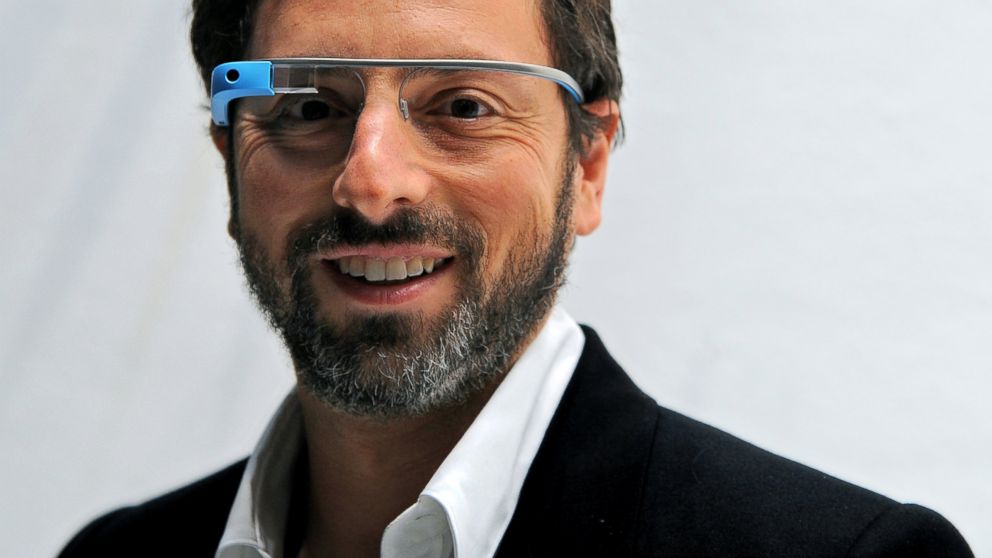In Their Own Words: Tech Moguls' Private Comments on Hiring, Poaching, Control of Talent
Top tech execs accused of conspiring to limit hiring competition in $3B suit.

April 21, 2014 -- "If you hire a single one of these people, that means war."
So threatened the late Steve Jobs in a 2005, according to Google co-founder Sergey Brin. Apple’s CEO was “irate” and “just kind of crazy,” said Brin in court documents, at what Jobs viewed as Google’s attempt to poach one of Apple’s premier search engine developers.
Jobs’ threat—brought to light by a $3 billion class action lawsuit—is but one of several communications between Silicon Valley moguls that the plaintiffs say appear to show them seeking to control their industry’s recruitment and hiring practices.
Lawsuit may cost tech giants over $3 billion.
The comments come from depositions, emails and court filings, some of them just recently released.
Jobs’ ire, the plaintiff's exhibits appear to show, caused Google to back down. According to exhibit 250, Google’s Eric Schmidt emailed Jobs his personal apologies. Another Google executive called the attempted poach an isolated incident that would never happen again. Google told Jobs the offending recruiter would be “terminated within the hour.”
Jobs, showing his pleasure, forwarded Schmidt’s email to another Apple exec, appending a happy-face signature that said:
“:) Steve”
The suit, brought on behalf of some 64,613 software engineers, accuses the defendants, including Google and Apple, of agreeing not to poach one another’s talent, and thus depressing wages between 2005 and 2009. The suit seeks damages of $3 billion in alleged lost wages. Under the terms of antitrust law, however, that amount could be tripled, if a jury agreed.
The suit may be settled before it ever reaches court, according to observers. Last month both sides said in court that a settlement was in the works.
Court records show that other companies initially involved in the suit--Intuit and two units of the Walt Disney Co. (parent of ABC News)—have already reached a tentative $20 million settlement agreement.
Why Google just bought a drone company
According to plaintiff's exhibit 1871.2, Apple’s 2005 flap with Google led Sergey Brin to send Google execs and outside adviser Bill Campbell (then CEO of Intuit, and now chairman) a February 13, 2005 email saying:
“So I got a call from Steve Jobs today who was very agitated. It was about us recruiting from the Safari team. He was sure we were building a browser and were trying to get the Safari team. He made various veiled threats, too, though I am not inclined to hold them against him too much as he seemed beside himself (as Eric would say).”
Five days later, Brin followed up with an email that said, according to exhibit 1871.1:
“So, I got another irate call from Jobs today. I don’t think we should let that determine our hiring strategy, but I thought I would let you know. Basically, he said, ‘If you hire a single one of these people that means war.’ I asked if he expected us to withdraw offers and he said yes.”
Google, as noted above, eventually backed down.
Other emails and quotes from the legal filings and depositions show the group of moguls apparently attempting to get Facebook to subscribe to their same understanding about hiring and recruiting.
According to plaintiff's exhibit 660, Brin, in an October 2007 email to other Google executives, wrote:
“The Facebook phenomenon creates a real retention problem, I now realize, not just because of FB’s direct hiring but the more insidious effect that everyone wants to start the next Facebook or get rich by having a popular FB app.”




